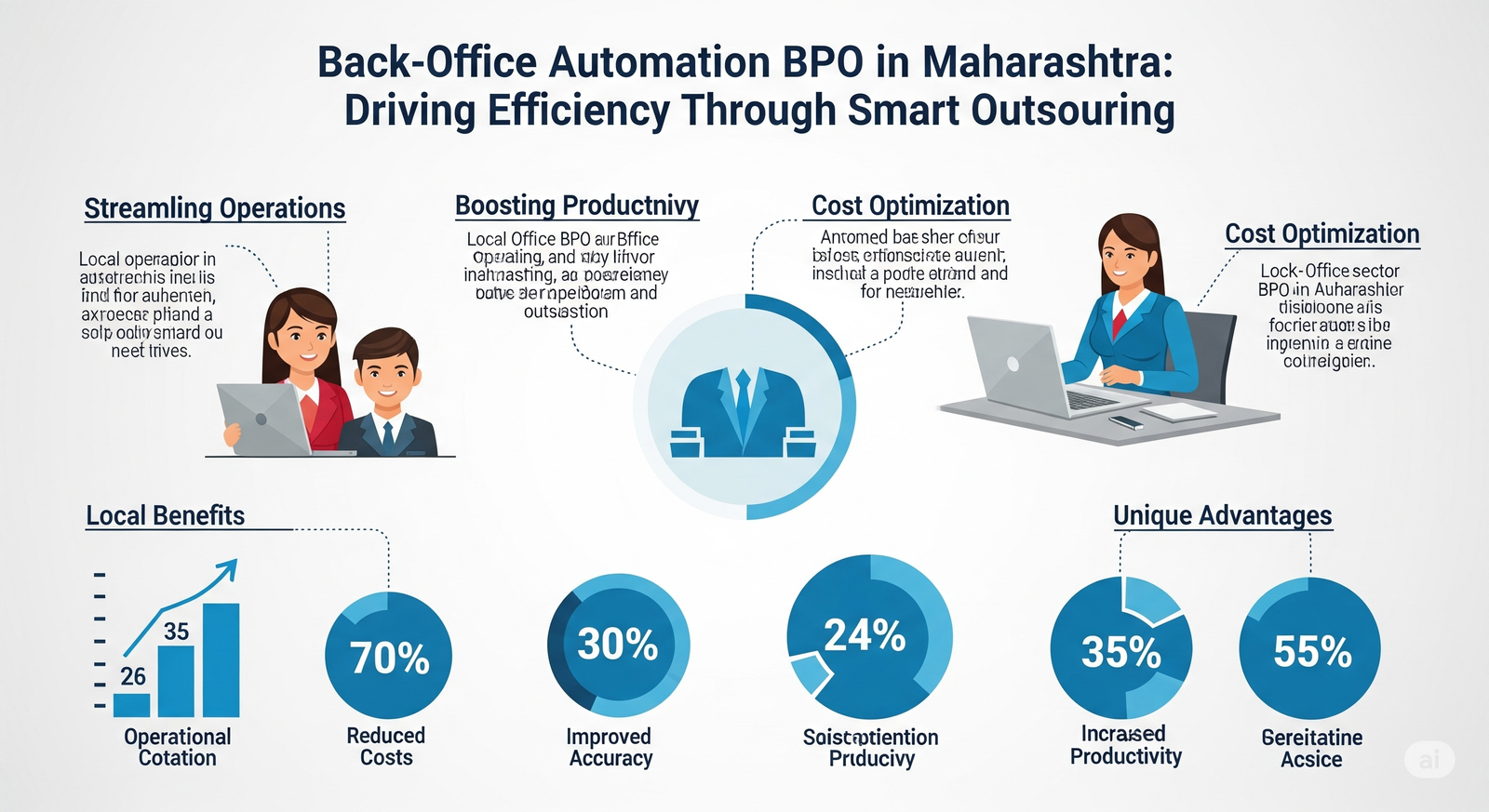In today’s hyper-competitive business landscape, staying ahead often means outsourcing not just simple tasks, but high-level, knowledge-based work. That’s where KPO services come in.
KPO, or Knowledge Process Outsourcing, refers to the outsourcing of core business activities that require expertise, specialized knowledge, and judgment. Unlike BPO (Business Process Outsourcing), which focuses on routine processes like data entry or customer support, KPO services involve tasks that drive strategy and decision-making.
This guide breaks down what KPO services are, how they work, why they matter in 2025, and how your business can benefit.
What Exactly Are KPO Services?
KPO services are outsourced tasks that require advanced analytical and technical skills. These tasks are often performed by domain experts, researchers, analysts, and other professionals who can deliver insight, not just execution.
Common Types of KPO Services:
- Market Research & Analytics
Competitor analysis, consumer behavior studies, demand forecasting. - Legal Process Outsourcing (LPO)
Contract management, document review, compliance support. - Financial Services
Equity research, financial modeling, investment analysis. - Healthcare KPO
Medical billing analytics, clinical data management, insurance claim analysis. - Engineering & Design
CAD services, product lifecycle analysis, 3D modeling. - IT and Data Services
Data mining, data analytics, machine learning model development.
KPO vs BPO: What’s the Difference?
The main difference lies in the complexity and skill required.
| Feature | BPO | KPO |
|---|---|---|
| Nature of Work | Routine, rule-based | Analytical, knowledge-driven |
| Skills Needed | Basic or moderate | Advanced expertise |
| Examples | Call centers, data entry | Research, legal analysis |
While BPO handles volume, KPO services handle depth.
Why KPO Services Matter in 2025
In 2025, businesses are not just cutting costs — they’re chasing competitive intelligence. With AI, automation, and big data reshaping industries, the demand for deep domain expertise has exploded.
Here’s why KPO services are more crucial than ever:
1. Access to Global Talent
KPO providers offer access to specialists worldwide, often at lower costs. This allows businesses to scale expertise without building expensive in-house teams.
2. Strategic Focus
Outsourcing knowledge processes lets internal teams focus on core innovation while experts handle complex analysis, compliance, or research.
3. Speed and Agility
KPO services enable faster decision-making through quicker research turnaround and real-time reporting.
4. Cost Efficiency Without Compromising Quality
Companies can save 30–60% by outsourcing specialized roles while still accessing top-tier professionals.
Industries Using KPO Services
Here’s how different sectors are using KPO services in 2025:
- Finance: Hedge funds use KPO for predictive analytics and risk modeling.
- Healthcare: Hospitals outsource patient data analysis and claims management.
- E-commerce: Companies rely on KPO firms for trend forecasting and customer behavior insights.
- Legal: Law firms offload document review and legal research to save time and reduce overhead.
How to Choose the Right KPO Partner
Outsourcing critical processes isn’t a light decision. Here’s what to look for:
✅ Expertise
Look for firms with deep domain knowledge in your field — not just generic outsourcing providers.
✅ Security
Sensitive data demands robust cybersecurity and regulatory compliance.
✅ Scalability
Ensure the provider can grow with your needs, whether that’s expanding services or integrating new tech.
✅ Transparency
Clear SLAs, communication protocols, and performance metrics are non-negotiable.
The Future of KPO Services: AI + Human Expertise
The next evolution of KPO services is the integration of artificial intelligence with human intelligence. In 2025 and beyond, expect more hybrid models, where machine learning tools handle data crunching, and human experts focus on interpretation and strategy.
This combination delivers faster insights, lower error rates, and smarter decisions.
Conclusion
As industries evolve and data drives nearly every decision, KPO services are becoming mission-critical. They allow businesses to tap into specialized knowledge, act faster, and stay competitive — without the cost of building large in-house teams.
In 2025, the companies that thrive won’t just be the ones with the best products — they’ll be the ones making the smartest decisions. And that starts with having the right expertise on your side.
Whether you’re a startup, a multinational, or somewhere in between, investing in the right KPO partner can be a game-changer.










